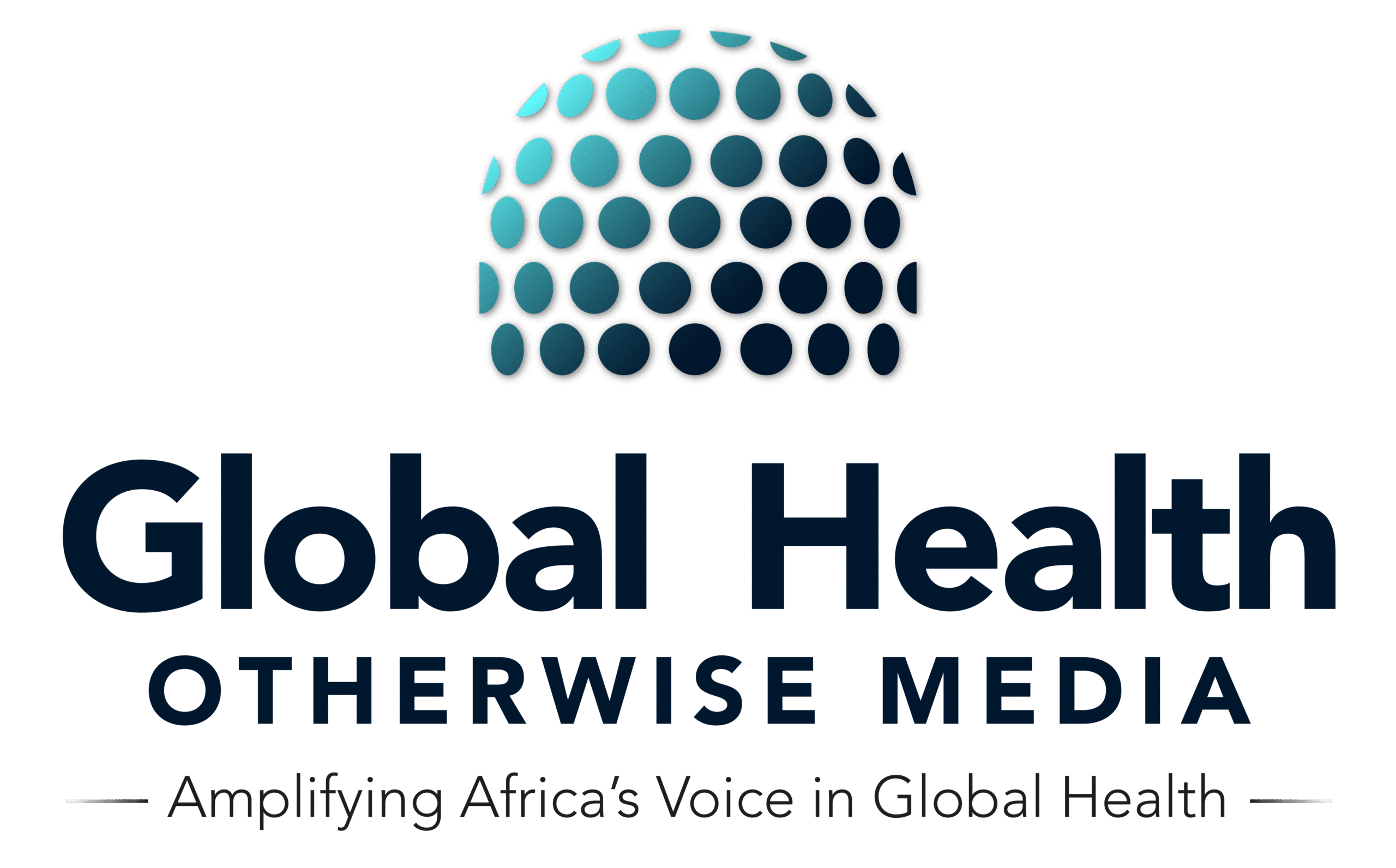Mental health is a growing crisis in Africa, yet it remains one of the most difficult topics to talk about. In many families and communities, mental illness is treated like a hidden shame and spoken about in hushed tones. This silence is not just harmful; it’s deadly. Across the continent, suicide rates are rising at an alarming pace, while the stigma around mental health prevents people from seeking the help they need.
According to the World Health Organization, 11 people out of every 100,000 die by suicide in Africa surpassing the world average of 9 people per 100,000. Among men, the numbers are even more staggering with 18 per 100,000, compared to a global 12.2. But those are just the reported cases. In many countries, suicide data is patchy at best. Families cover up the truth to avoid social ostracism. Communities turn away, unsure how to respond to grief that carries stigma.
The most devastating face of Africa’s mental health emergency is the one worn by its youth. Teenagers and young adults are dying by their own hands more than ever before. In cities and rural towns alike, the numbers climb while communities remain shrouded in denial. Drug abuse among young people has reached unprecedented levels, with over 21.0% of young Africans abusing at least one substance in the last 12 months This indicates a desperate need for more mental health support and education targeting the youth.
Funding for mental health across Africa is dismal. On average, governments allocate less than 50 cents per person each year, far below the WHO’s recommended $2 per person for low-income countries. This chronic underfunding results in a severe shortage of mental health professionals. There are fewer than 2 mental health workers for every 100,000 people in Africa. Most of these workers are psychiatric nurses who work in big hospitals in cities. For people living in rural and underserved areas, mental health services are virtually non-existent. The scale of the need is overwhelming. About 29 million people in Africa suffer from depression. In South Africa alone, more than 27% of people have depression. But there are not nearly enough trained people to help them.
Across many African households, the mention of mental illness still draws nervous glances and is associated by evil spirits or witchcraft. This makes people hide their problems instead of getting help. Parents often feel ashamed if their child has depression or anxiety. This shame kills people because they suffer alone instead of getting treatment. The fear of being judged stops many people from going to see a doctor or counselor. In some places, people think mental illness means you are weak or cursed. These old beliefs are hurting millions of people across the continent.
A Big Meeting Coming Up
On September 25, 2025, global leaders will gather for a High-Level Meeting on Mental Health at the United Nations. It presents a critical opportunity to elevate mental health on the global agenda and finally mobilize real action for Africa. Further, mental health groups and advocates view this gathering as a vital opportunity to shift mental health from the margins to the mainstream of global health priorities. They are calling on world leaders to make bold, transformative commitments: to significantly increase funding, strengthen national mental health systems, and ensure that care is not only available, but also integrated, accessible, and culturally relevant for all. This moment could mark the beginning of a global turning point—if leaders choose action over rhetoric.
What Needs to Change
African countries must urgently increase their investment in mental health. This includes not only allocating more money, but also training more doctors, nurses, counselors, and community health workers who understand mental health and are able to provide care at the community level. Instead of concentrating services in cities, these professionals must be deployed to rural areas and small towns where help is most needed. Realistically, the continent cannot produce enough psychiatrists to meet the demand, but responsible task-shifting to nurses and clinical officers supported by ongoing training and supervision can help fill the gap. Integrating mental health care into primary health systems is essential.
Additionally, countries need to educate the public about mental health. Mental illness must be recognized as a real medical condition, no different from diabetes or heart disease. Schools should begin to teach children about mental well-being from an early age, so that future generations grow up with the knowledge and empathy needed to challenge stigma. Governments must also introduce and enforce laws that protect the rights of people living with mental health conditions and ensure that they can seek care without fear of discrimination.
Hope for the Future
Despite the challenges, there are promising signs of progress in some African countries which are taking meaningful steps toward addressing the mental health crisis. More mental health professionals are being trained and placed in local clinics, and in some areas, governments are working with traditional healers to deliver care that respects cultural beliefs while ensuring clinical effectiveness. Community health workers are also being equipped to recognize signs of depression and anxiety, allowing for early intervention and reducing the burden of long-distance travel to centralized hospitals.
The upcoming September 2025 UN meeting could be the turning point Africa needs. This meeting presents an opportunity to accelerate this momentum. If world leaders make strong promises and African governments follow through, millions of people could get the help they desperately need. However, access to mental health care will remain a myth without optimal operationalization of universal health coverage. The Lusaka Agenda’s commitment to Universal Health Coverage must be more than a promise, African health systems must urgently prioritize access to quality mental health care as an essential pillar of equity, dignity and human well-being


